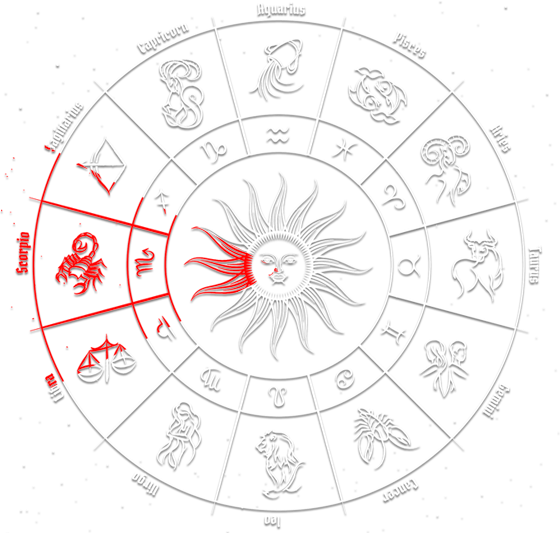Background & Importance of Astrology
Parashara Rishi is a Rigvedic Maharishi and author of many ancient Indian texts.
Astrology is your roadmap of destiny.
Astrology lets you know what you were born with, what your possibilities are, the limitations, your strong points, and your drawbacks. What type of life partners and professions suit you and to expect is also indicated. It also prescribes various remedial measures to ward off the bad effects and to enhance the good results. However Astrology does not preach total dependence on fate.
Astrology is your roadmap of destiny. However, your fate is in your hands. The scriptures guide us by telling us what is good and what is bad; what to do and what not to do; how to do and how not to do. You are given a piece of land and the seeds to sow. How much effort to put into it, what amount of manure and water to add and when how to reap the produce is your job. After that it is you who have to act using your knowledge intelligence, discrimination, and experience.
Astrology can illuminate many things about you, but you're the most important part of your chart - your level of consciousness, how you're working with your energy, how you choose to experience your circumstances. Your birth chart reflects your energy, habits, needs, patterns, communication style, desires, memories, feelings, thoughts, challenges and dreams… and so much more. Astrology is wonderful tool for understanding yourself and other. While Astrology reveals many things about you, your birth chart does't tell you who you are. It's important to remember that you're the one creating your life. Astrology does not happen to you, it is you and when you work with it , your life and world around you changes for your betterment ,advancement and happiness.
According to Vedic astrology the ascendant, or Lagna, extends for a period of two hours. In these two hours, according to the present birth rate, several thousand people are born in the world with the same birth chart! All of them cannot have the same destiny. Hence their predictions based on this and the monthly transits tend to be inaccurate. They are somewhat accurate about the nature of astrological signs etc., but when it comes to predicting the events in one's life and their timing they are nowhere. You don't really need an astrologer to tell you that, for example, if you are Scorpio sign, you tend to be jealous and possessive!
Vedic Hindu astrology has a four-dimensional approach.
-
Firstly, we have the divisional chart system in Indian Vedic astrology, called the Varga system. Based on the planetary degrees at the time of birth, sixteen divisional charts are prepared, by dividing the degrees of the planets. These divisional charts are studied to ascertain the strength and weakness of planets and houses and also to study various aspects of one's life.
For example, a one-ninth division called Navamsa to study spouse and married life, one-tenth division to study a profession, one-seventh for children and so on. The last Varga, called Shodashamsha, is prepared by dividing the planet's degrees into one-sixtieth part!
-
The third is the Gochara, or transit of planets is one of the main parts of astrology. Planets transiting various houses produce various results. But a planet transits a sign for quite some time. For example, Saturn transits a sign for two and half years.
During this entire period, its results cannot be totally good or bad. The Vedic astrology further pinpoints its good and bad periods even during its transit in one sign. We have the Ashtakavarga and Prastharasthakavarga system, which divides a planet's transit in a sign into eight parts and shows which part is good and which part is bad.
-
Second is the dasa system in ancient Vedic astrology.Based on one's moons degrees at birth, we calculate the Dasas, or the ruling periods of various planets, which keeps changing during one's life.
It is not just one planet's dasa but Mahadasha, or main dasa, of a planet, Antardasa, or sub period, of another planet and so on till we arrive at a fifth level dasa to study each day.
-
Lastly, there is the Prasna Kundali system in Vedic astrology or chart cast based on the time of the query. The Prasna Kundali provides information based on the exact time or asking a question about a specific situation in your life with an uncertain outcome.
Questions may be about career, relationships, health, travel, or missing items, but grounded in an immediate concern.

